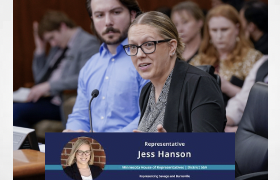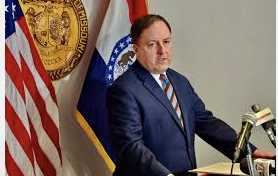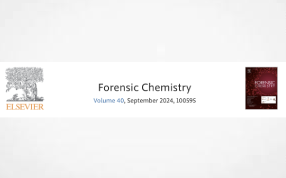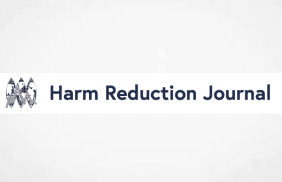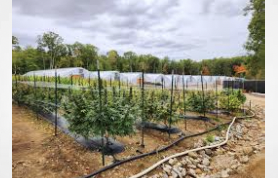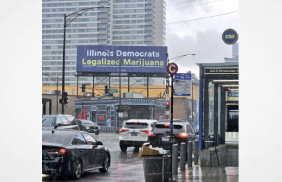Interesting and informative piece about the ding dong battle between the Brazilian judiciary and legislature over cannabis.
As always cannabis is just a plaything in the battle between the two.
The judiciary is showing some reason, commonsense and appears to be coming out on the side of personal liberties. It appears this is not going down well with the legislature
The Fair Observer
For 18 years, Brazil’s drug laws did not differentiate between users and traffickers when it came to marijuana, often subjecting citizens to a prejudiced system. In a move contrary to precedent, the Brazilian Supreme Court ruled that possession of up to 40 grams for personal use should be decriminalized. Congress complained about the ruling, stating that the Supreme Court overstepped its boundaries and encroached on the Legislative branch’s powers.
n November 11, 2019, Supreme Court Justice Gilmar Mendes granted habeas corpus to a woman who had been “sentenced to 6 (six) years, 9 (nine) months and 20 (twenty) days in prison, to be served in an initially closed regime, for possession of 1g (one gram) of marijuana.” According to him, the punishment violated the principles of proportionality. The sentence was inappropriate because the crime was “insignificant and of minimal offensiveness.”
The Judiciary branch thus corrected the limbo that the Legislative branch created in 2006 when it established the National System of Public Policies on Drugs (Sisnad). This law does not differentiate between users and traffickers. For 18 years, it was up to police officers and judges to differentiate, and punitive blunders like this were made chiefly in the lower courts. Few cases were lucky enough to go up to the Court of Justice or the Supreme Court.
That is, until the Supreme Court corrected the deficient law by decriminalizing the possession of up to 40 grams of narcotics for personal consumption. For the private use of narcotics, punishment takes place in the administrative sphere with warnings and educational measures. Trafficking remains criminal with a penalty of 5 to 20 years in prison. However, the National Congress has now started a campaign contradictory to the Supreme Court. Among parliamentarians, the Supreme Court’s decision is seen as yet another attack on the Legislative by the Judiciary.
Congress sees this as a violation
The rapporteur in the House, deputy Ricardo Salles (PL-SP), criticized the Supreme Federal Court’s (STF) vote, claiming the decision has violated the merits of Congress. Salles has a point in his complaint. According to the principle of the separation of powers, the Supreme Court’s decision does not bind the Legislative Branch. This makes it possible for parliamentarians to pass legislation contrary to what was decided by the Court. On the other hand, there should be the understanding that the Supreme Court corrected a flaw in legislation rather than drafting legislation. The STF would have invaded the parliamentary arena if it had legalized the drug – which means passing a law that regulates and allows conduct – which did not happen.
Senate president Rodrigo Pacheco (PSD-MG) also criticized the STF’s decision. He repeated Salles almost ipsis litteris with the argument of “encroachment on the competence of the legislature.” “I disagree with the Supreme Court,” Pacheco said. “There is a legal, political and rational logic to this, which, in my opinion, cannot be broken by a judicial decision that singles out a certain narcotic substance, invading the technical competence of Anvisa and invading the legislative competence of the National Congress.”
President Luiz Inácio Lula da Silva followed Pacheco’s reasoning: ” The Supreme Court doesn’t have to get involved in everything, it needs to take the most serious things about what concerns the Constitution, and become master of the situation, but it can’t take anything and start arguing, because then it starts to create a rivalry that is not good for democracy, nor for the Court, nor for the National Congress,” he said. “I think it’s noble to differentiate between the consumer, the user and the dealer. We need to have a decision on this, not in the Supreme Court, but in the National Congress, so that we can regulate it,” he added.
Congress is scrambling to regain control
The Supreme Court’s final deliberation has clearly created a conundrum for Congress. As a result, the House of Representatives is now debating the Proposed Amendment to the Constitution 45. Known as the Drugs PEC, the Senate created and approved the legislation last year. While the 2006 law criminalizes drugs, it does not stipulate the amount. The Drugs PEC establishes that the possession of any amount of illegal drugs is a crime in an opinion diametrically opposed to that of the majority of Supreme Court justices.
Read the full article at

